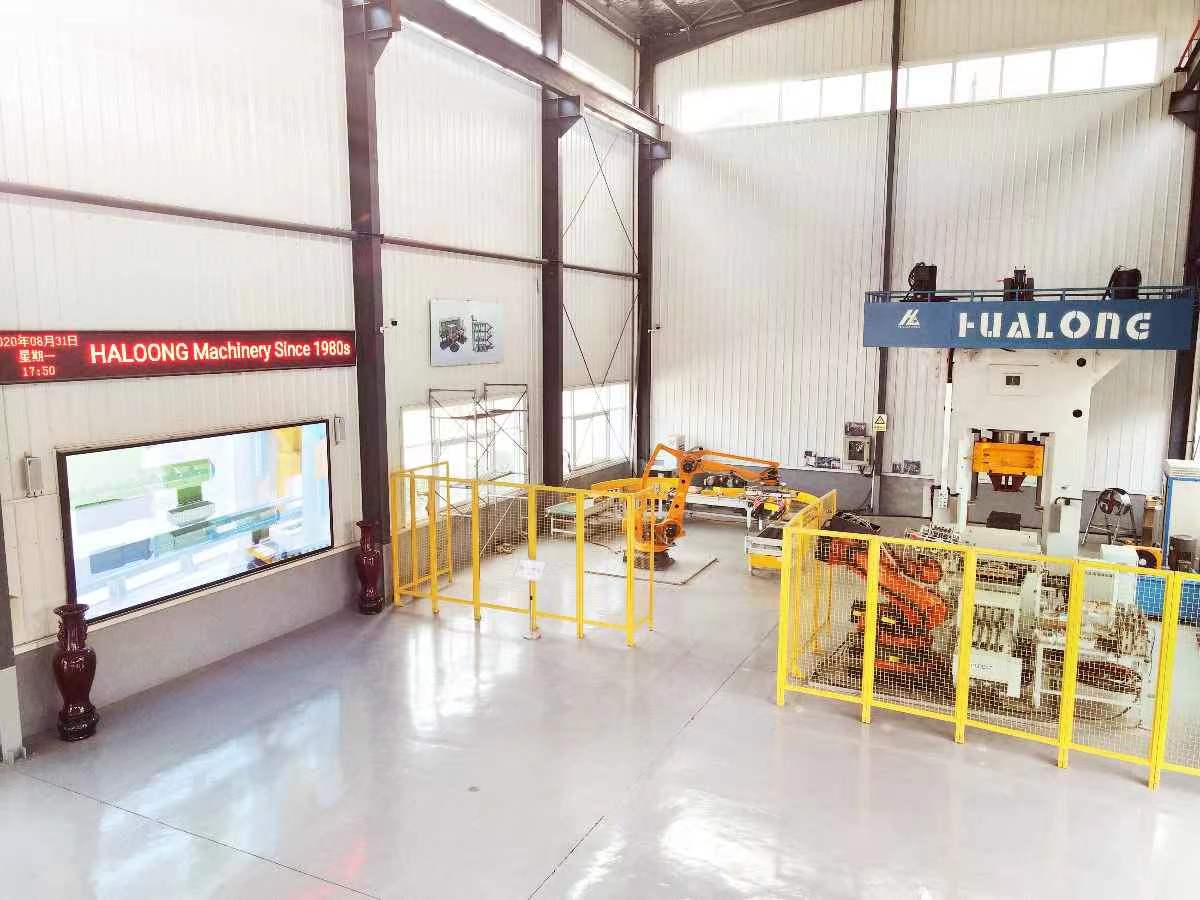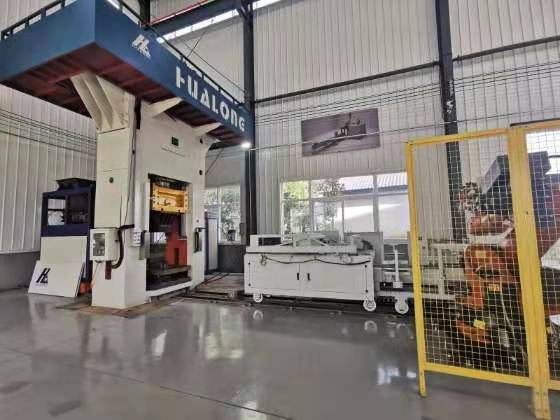Dies and forging press machines are two key factors that determine the quality, precision and production efficiency of precision forgings. Advanced presses can only play a full role and achieve good benefits if they are equipped with advanced dies. The two complement each other and are indispensable.
When forging forgings with a forging press machine, compared with ordinary forging, precision forging has greater resistance to deformation and the working state of the mold is worse, so the comprehensive mechanical performance requirements of precision forging molds are higher. At the same time, in precision forging, the dimensional accuracy and surface roughness of the die will be directly transferred to the forging. In order to ensure the dimensional accuracy and surface roughness of the forging, the precision forging die is required to have high dimensional accuracy and surface roughness.

Commonly used equipment for hot precision forging includes screw press, electro-hydraulic hammer, hot die forging press, etc., and commonly used equipment for cold precision forging includes cold forging press, cold extrusion press, cold heading machine, cold pendulum rolling machine, etc. . In recent years, China's precision forging equipment has achieved great development, and servo main drive has become a trend. In order to meet the requirements of precision forging technology, forging press machines have emerged as the times require. As a widely used precision forging equipment, it has the following characteristics:

1) It has good rigidity, so that the deformation of the machine itself is small during the deformation process, and the dimensional accuracy of the forged workpiece is guaranteed.
2) It has a precise guiding mechanism to ensure the mold clamping precision.
3) It has the action ability of multiple cylinders, and realizes the requirements of multiple die movements for precision forging.
4) It has the functions of automatic monitoring and detection of the production process, etc.